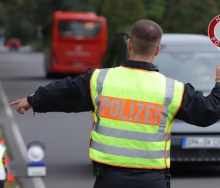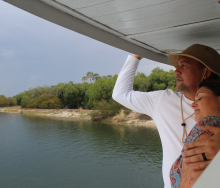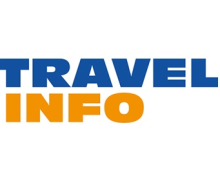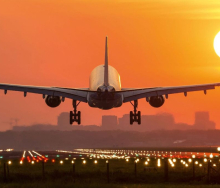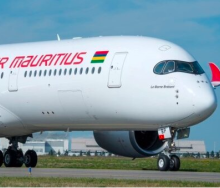The Netherlands has now lifted the ban on passengers arriving on flights from South Africa, with effect from June 1, according to a communication to the travel industry from Air France KLM, setting out information relating to the new regulations from the Dutch authorities. But they will still have to isolate for 10 days.
In addition to Dutch nationals and residents, the airline confirms that the following passengers are also now accepted for travel from South Africa to The Netherlands: Nationals and residents of the European Union or the Schengen area.
But, due to the EU entry ban remaining in place, other country nationals (like South Africans) can only travel to The Netherlands if they fall into one of the exemption categories. These exemptions can be checked via: www.government.nl/topics/coronavirus-covid-19/visiting-the-netherlands-from-abroad/
The health and quarantine requirements for passengers with the Netherlands as a final destination are:
- Either a negative PCR test taken no more than 24 hours before boarding,
- OR a negative PCR test taken no more than 72 hours before arrival in The Netherlands, plus a negative antigen/rapid test taken no more than 24 hours before boarding.
- A completed quarantine declaration, which can be found here: https://www.government.nl/topics/coronavirus-covid-19/documents/publications/2021/05/26/quarantine-declaration
- In addition, a quarantine declaration is required and compliance with a 10-day isolation period on arrival. The quarantine may be ended after a period of five days if a second PCR test is negative. It is not clear if this has to be in a government-mandated facility of if it can be completed in a private dwelling.
Passengers from South Africa are now allowed to transit via the Netherlands. Passengers must follow and abide by the entry regulations of their final destination. According to the airline, a negative COVID test is not required for transiting in The Netherlands, but passengers need to abide by test requirements of their final destination. It is the responsibility of the traveller to check the health requirements of the country being travelled to/transited via and to ensure that they are in possession of the required travel, health and testing documentation.




